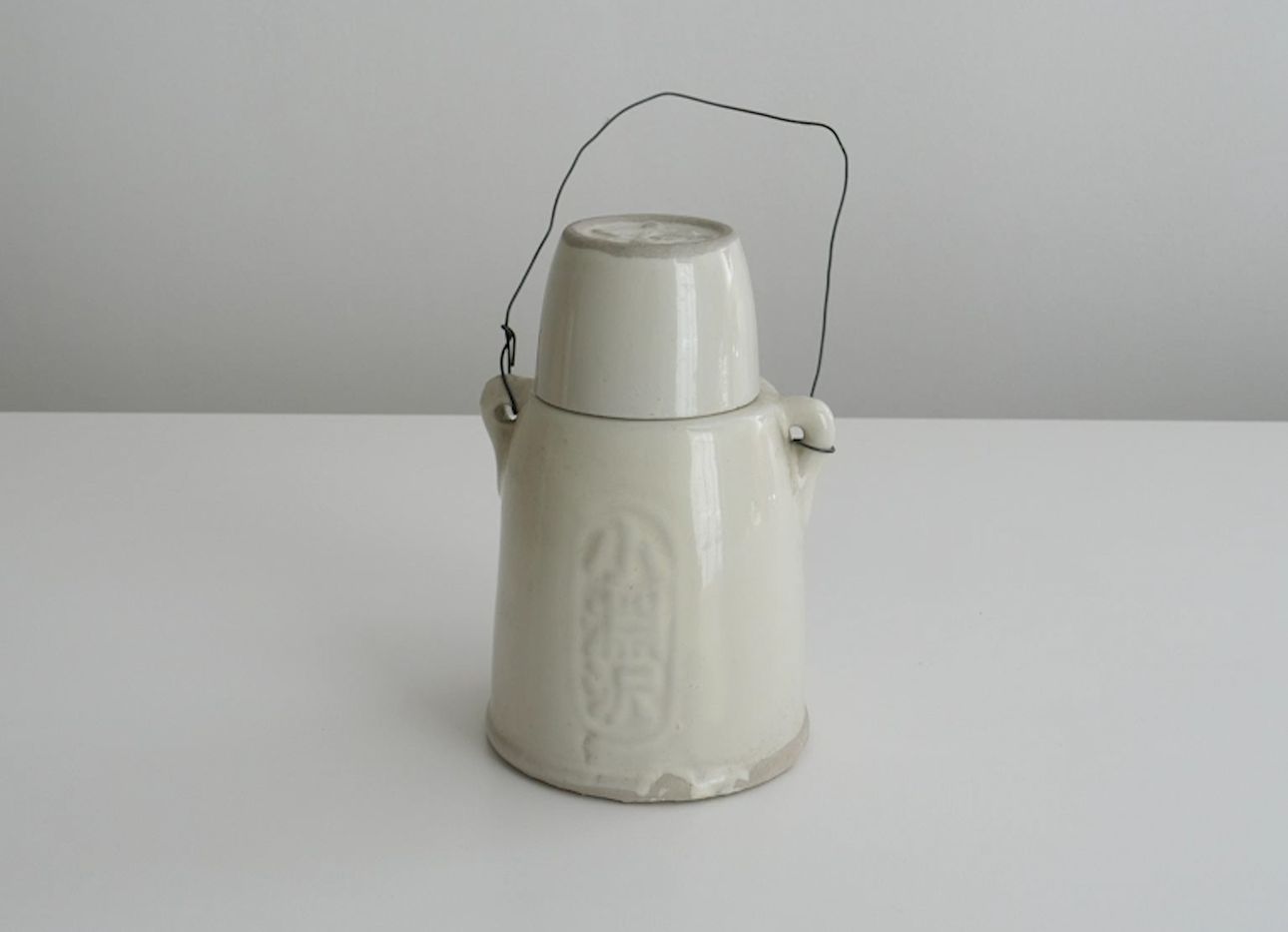
A New Film Highlights Fashion Designer Margaret Howell’s Admiration for Understated Japanese Objects and Materials
In 1983, the British fashion designer Margaret Howell made the first of many visits to Japan, where she discovered tools, materials, and a way of life that resonated with the understated aesthetic of the utilitarian, skillfully made men’s and women’s garments she creates for her namesake clothing line. A photo of Howell during this formative trip opens Affinities: 50 Years of Design, a new short film directed by artist Emily Richardson that celebrates the distinctive work that Howell—now 74 and with more than 120 outlets in Japan, in addition to shops in Florence, London, New York, and Paris—has been refining for half a century. She’s compared her design approach to that of an architect, one in which functionality, superior craftsmanship, and noble materials outweigh trends, resulting in wearable pieces that endure and transcend time (not too unlike those of fashion designer Eileen Fisher, who was the guest on Ep. 44 of our Time Sensitive podcast). The film is on view via the brand’s website and, along with a presentation of drawings and artifacts from Howell’s personal archive, at a complex for the bookstore Tsutaya called T-Site in Tokyo’s Daikanyama district until May 31, and at Kyoto’s Rohm Theatre from June 4–13. (The festivities were meant to launch last year, but were postponed due to Covid-19.)
In Affinities, glimpses of gently used everyday objects made by Japanese artisans—including paper, chopsticks, hand brooms, and a ceramic thermos—intertwine with placid views of the natural world. Devoid of dialogue, the film’s connecting thread becomes clear near the end, where details of expertly woven or darned textiles, presumably used to make Howell’s clothing, appear as a tactile culmination of everything shown before them. A concluding quote by Howell sums up both her admiration for Japan and her long-standing philosophy: “Simplicity in life is the guiding principle, though it may be the hardest thing to achieve.”